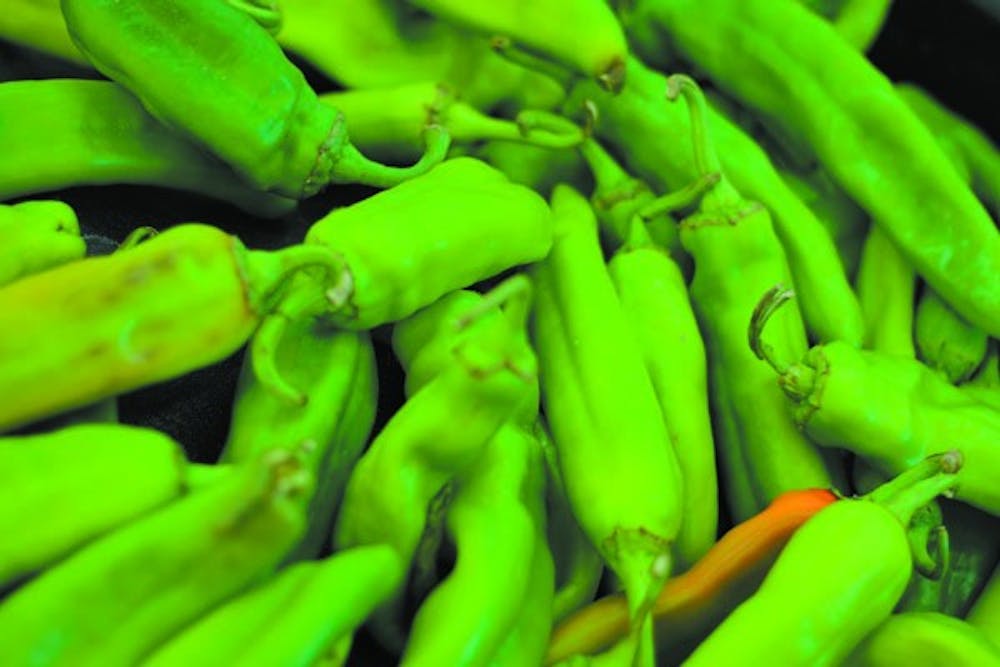Prices for organic foods are likely to drop in the near future, according to an ASU professor’s recent research.
The expected price drop is due to a potential increase in the number of suppliers of organic produce, said Timothy Richards, the W. P. Carey School of Business professor who spearheaded the study. Having more suppliers for organic fruits and vegetables will make them much cheaper, he said.
The study chronicled apple prices in Washington from January 2005 to the end of 2007. Richards found that these prices decreased about 25 percent over that time period.
Richards’ research shows that food retailers were making a 7.4 percent profit on organic apples, as opposed to 75.3 percent on nonorganic apples.
This implies that most of the profit from organic food sales is being made by the original supplier, not the retailer, Richards said.
He said large profits for organic food suppliers have driven up the interest in producing more organic foods, despite extra expenses involved with having organic foods approved by the National Organic Program.
“Over time, as that profit gives incentive for new growers to start producing organics, then that supply has increased,” Richards said.
Journalism freshman Christopher Von Wilczur said the way organic produce is separated from other produce inside a supermarket makes it seem like organic foods aren’t intended for him.
“That, combined with high price, makes them really off-putting,” Von Wilczur said.
The lack of clarity in how foods receive their organic distinction is another reason Von Wilczur chooses not to purchase the produce, he said.
Assistant Professor of Nutrition Keith Martin said the distinction relates to agricultural practices of farmers, notably the use of pesticides.
“Organic usually means a reduced amount of pesticides,” Martin said. “The pesticides that are in there are usually naturally occurring.”
Martin added that the organic label usually implies locally grown, so buying organic can bolster the local economy.
Richards cautioned that retailers may be enticed to offer organic products from foreign growers in an attempt to keep prices low. Consumers should be wary of these products because they usually are not subject to the same standards American products are, Richards said.
“We have no way of verifying it,” Richards said. “We don’t actually go down to the farm and check up to make sure that it is organic.”
Reach the reporter at michael.reppenhagen@asu.edu





